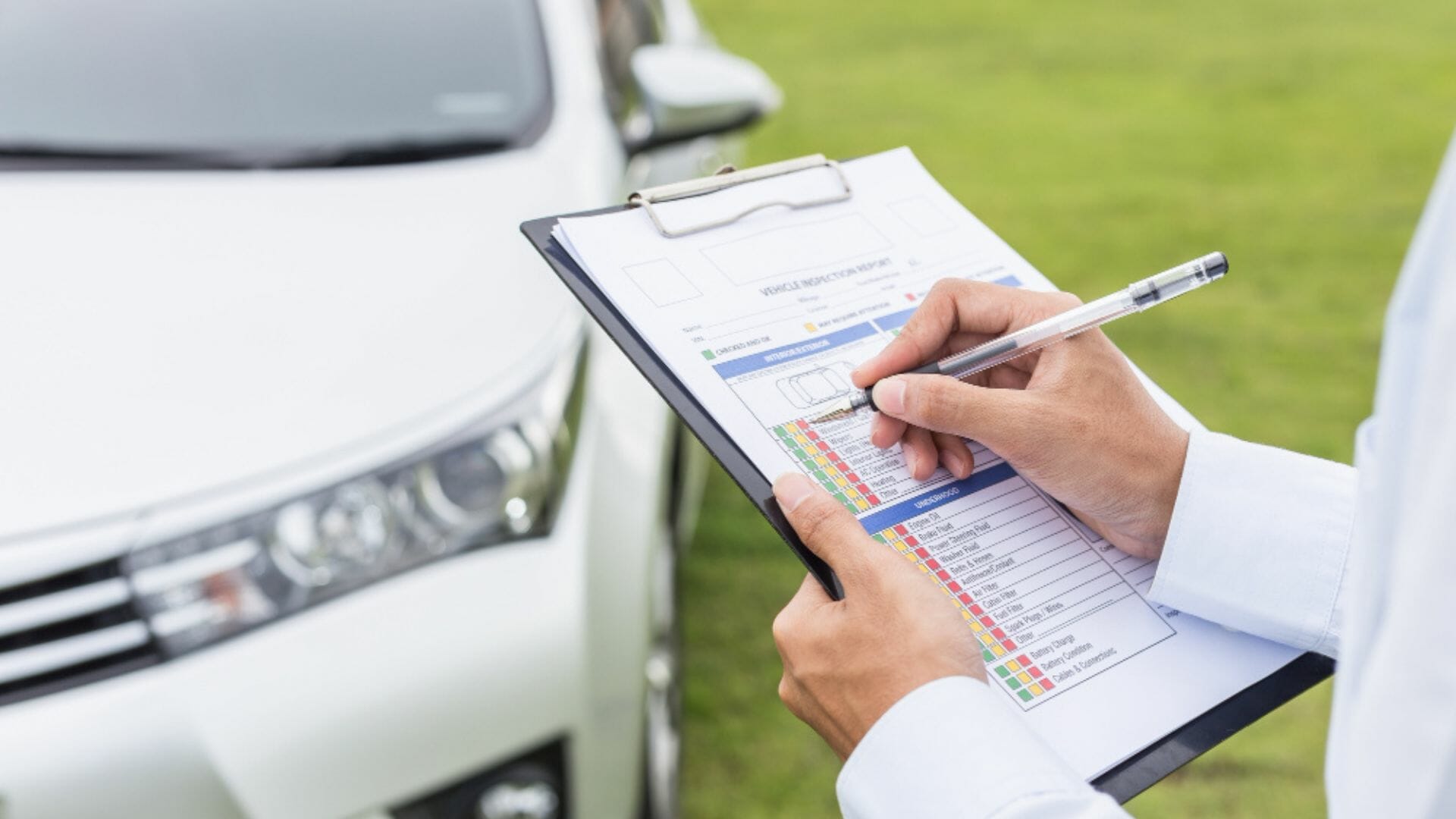Emotions can run high following a car accident. You might be upset that you did not see the light turn red or disappointed that you checked your phone while driving. Beyond the cost of any property damage or personal injury, you may worry about what this accident will do to your insurance policy and rates. You may also wonder, “Should I call my insurance if it was my fault?” After all, if your insurance company never finds out about the wreck, then they have no reason to raise your rates. But keeping an at-fault accident to yourself is not the solution it might appear to be.
You Already Agreed to Tell Your Insurance Company About Wrecks
There are many reasons why the answer to the question, “Should I call my insurance if it was my fault?” is a resounding yes. In fact, you likely agreed to do so as part of your insurance contract.
Make sure to check your policy documents carefully. It is a common provision in most insurance policies that you notify your insurer whenever you have a crash — including any crashes you cause.
Violating a provision of your insurance contract can have adverse consequences. Your insurer can, for example, refuse to honor a claim you file based on an accident you failed to timely report. In some cases, your insurer may cancel your policy altogether for not reporting an accident.
When you are responsible for causing a crash, it can be tempting to keep the information from your insurer. But by notifying your insurer of a crash, you prepare them for the possibility that you or others may file claims.
This gives your insurance company an opportunity to begin its investigation while evidence is available and memories are fresh.
Your Insurance Carrier’s Investigation Can Help You
Helping your insurer with its investigation in this way reduces the chance of someone submitting a fraudulent claim. But there is another, greater benefit to notifying your insurer and allowing them to investigate your case.
Virginia is an at-fault state. This means that an injured person can bring suit and seek damages from the at-fault driver. This right exists only so long as you are 100% responsible for the crash. If the other party contributed to the wreck in any way, then they are not able to recover compensation from you.
Your insurance company’s effort may reveal evidence of negligence of the driver or a passenger who is suing you. This information can prove invaluable and save you from unjustly paying compensation.
Your Insurance Company Will Likely Learn About the Crash Anyway

When you were a child, your parent’s ability to discover secrets you were trying to hide may have amazed you. In a similar way, your insurance company is likely to find out about the crash, even if you try to keep the information secret.
If another person involved files claims with your insurance carrier, this will tip your insurance company off that an accident happened.
Thus, there is no real advantage to trying to hide an accident that results in property damage or personal injury. It is better that your insurance company finds out about the accident from you rather than through other means.
You May Need to File a Claim for Your Own Bills
Suppose that you initially believe that your injuries are not serious, and you resolve to pay your medical bills yourself. Several days or weeks go by, and you notice your injuries are worse than you thought. Or you take your vehicle to a repair shop and learn that the resulting bill will be much higher than anticipated.
By the time you change your mind about filing a claim, it may be too late to do so. The longer you wait before reporting the accident, the more difficult it may be to get the full amount of benefits you need for your losses. This can leave you responsible for significant amounts of your repair bills and medical costs.
Reporting an Accident Is Different from Filing a Claim
You may also hesitate to report an at-fault accident because you don’t want to deal with fighting for compensation. If so, know that reporting an accident is not the same as filing a claim.
When you report an accident, you are merely telling your insurer that an event happened. You are not demanding any payment for any expenses. Until you file a claim, your insurer does not have to pay any of your expenses.
Unlike reporting an accident, which is often mandatory per the terms of your insurance agreement, you do not have to file a claim. That decision rests squarely with you.
Be Careful How You Report an Accident
When you do contact your insurer to report an accident, give them the basic facts of the crash. Tell them when and where the accident occurred, but do not talk about whether you caused the crash right away.
Instead, inform your insurer that you have been involved in a crash but that you want to speak with your auto accident lawyer before discussing the incident further.
How Does Insurance Work If Its Not Your Fault?
How insurance works when it’s not your fault is crucial for anyone navigating the aftermath of an accident. From promptly reporting the incident to working with your insurance provider and, if needed, seeking legal assistance, the process can be intricate but manageable. By being well-informed and proactive, you can ensure a smooth non-fault insurance claim experience.
Will My Insurance Be Affected If Its Not My Fault?
In most cases, if an incident is not your fault, your insurance should not be negatively affected. However, navigating the aftermath of an accident, understanding local regulations, and communicating effectively with your insurance provider are essential steps to ensure a seamless process. Remember, reporting the incident promptly and seeking guidance when needed are key factors in preserving the integrity of your insurance coverage.
Discuss Your Case with The Joel Bieber Firm First
Even if you were at fault in the crash, you can still benefit from legal representation.
If you are asking yourself, “Should I call my insurance if it was my fault?” after a crash, or if you have any other questions about what to do, The Joel Bieber Firm is here to help. We can guide you through your next steps and fight hard to protect your legal rights and interests.
Reach out to The Joel Bieber Firm for a free case review today.
Interesting Reads:
Insurance Coverage for Drunk Driving Accidents
5 Factors that Influence the Time Your Car Accident Settlement Takes

